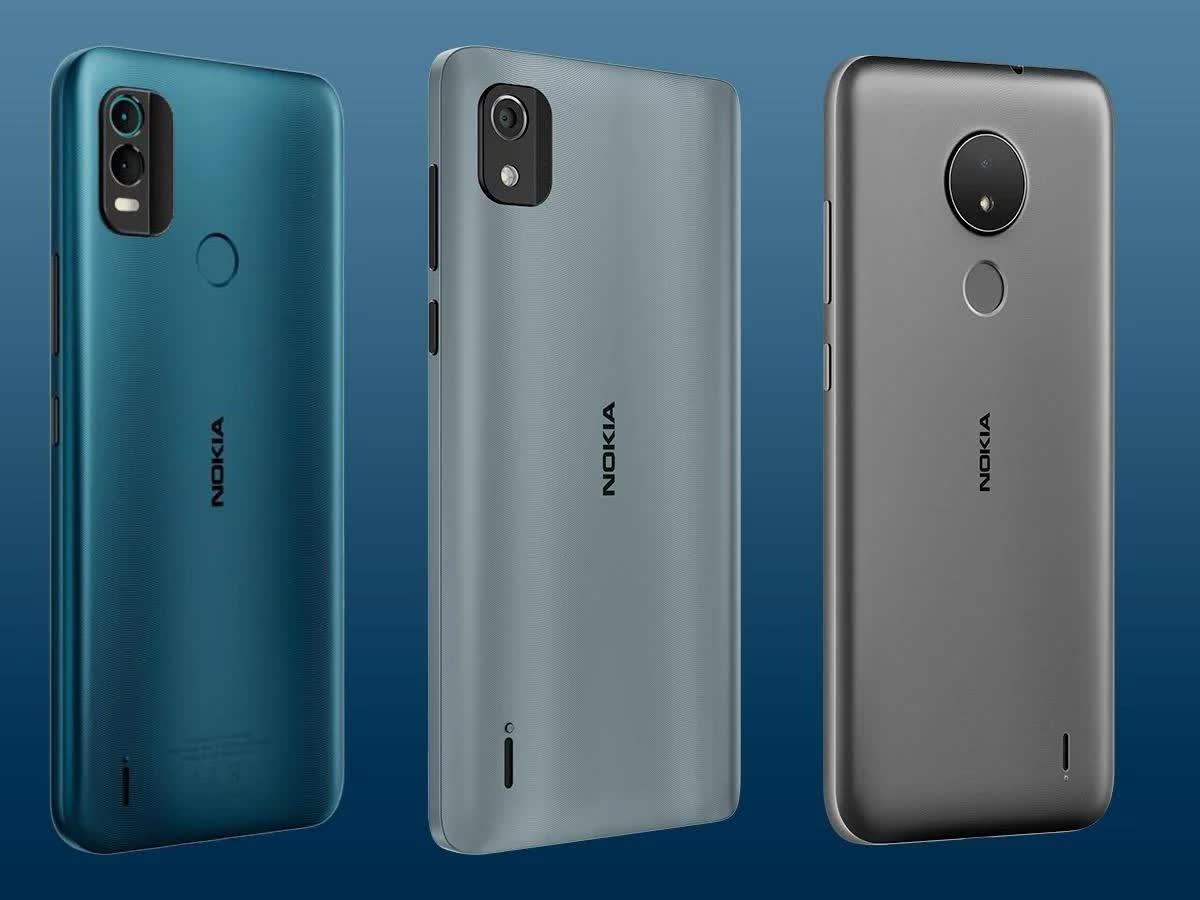Once a major manufacturer of Android smartphones, LG disappointed fans when it announced it would exit the smartphone business, effective July 31, 2021. The announcement followed months of speculation that LG was looking to sell or offload its smartphone division.
Natee Meepian/Shutterstock
While many LG fans were shocked by the announcement, the news did not come as a surprise to industry watchers. Despite the fact that LG was known for producing high-quality, innovative designs, the company had consistently struggled against its larger competitors, especially Apple and Samsung.
In addition, LG’s smartphone division had been bleeding money for years. In fact, in the five years prior to the announcement, the business had lost some $4.5 billion (via The Korea Herald), putting LG in an untenable position.
With so much going for it, many have wondered: What went wrong with such a promising brand? Why was LG unable to gain major traction in the smartphone market, despite seemingly having all the necessary ingredients?
Caught in the middle

Worawee Meepian/Shutterstock
In many ways, LG’s fortunes were the result of being caught in the middle of the smartphone market, unable to distinguish itself on either end of the spectrum.
On the high-end, Apple and Samsung were quick to carve out niches for themselves. Despite being a brand on par with Samsung in the various industries they competed in, as noted by GadgetMatch, LG often had to sell its phones at a lower price point to compete with Samsung and Apple.
This had the effect of diluting its premium brand image and hurting its ability to compete with the top two manufacturers. It also crippled the company’s ability to tap into the “cool factor” that both Apple and Samsung benefited from, or reap the rewards of creating high-profit phones.
At the same time, the company’s phones were still priced too high to compete with the lower end of the market, dominated by companies like Huawei and Xiaomi. The end result was that LG was caught in the middle, with neither the high profits of Apple and Samsung, nor the high volume of Huawei, Xiaomi, and others.
Innovation without vision

Lukmanazis/Shutterstock
One of the things that set LG apart was its willingness to experiment and innovate with new designs.
For example, the LG G5 had a modular design that allowed the user to swap out various components, such as a camera grip and an improved audio module. Unfortunately, while swappable components sound good on paper, their practical application was limited. The design was also criticized for not being hot-swappable, meaning the battery had to be removed for a module to be replaced.
The same is true of the LG Wing, a phone with a second screen on a swivel. When opened, it essentially formed a “T,” with the second screen perpendicular to the standard vertical one. Just like the G5, however, the feature had limited practical application, especially given its high price point.
While innovation is certainly a good thing, innovation without a clear vision can doom a company’s efforts — just as it did with LG.
Bad software

Bhubeth Bhajanavorakul/Shutterstock
A final nail in the coffin was LG’s software. To say it was bad would be an incredibly gracious understatement.
While Apple, Samsung, and Google continuously work to improve the software experience for their users, LG never seemed to understand or care how much software mattered in the context of the everyday user experience.
It’s one thing for a cheap phone to have annoying software. When that phone is trying to compete with the likes of Apple and Samsung, in both design and price point, there’s simply no room for a subpar user interface experience. Unfortunately, LG never learned this lesson.
Despite never cracking into the upper echelon of the smartphone market, LG’s absence is still a blow. The company made solid, quality devices, and was unafraid to challenge the status quo with its designs. Had it paired that with a clearer vision, the smartphone market might look very different, and far more interesting.
Note: This article have been indexed to our site. We do not claim legitimacy, ownership or copyright of any of the content above. To see the article at original source Click Here













